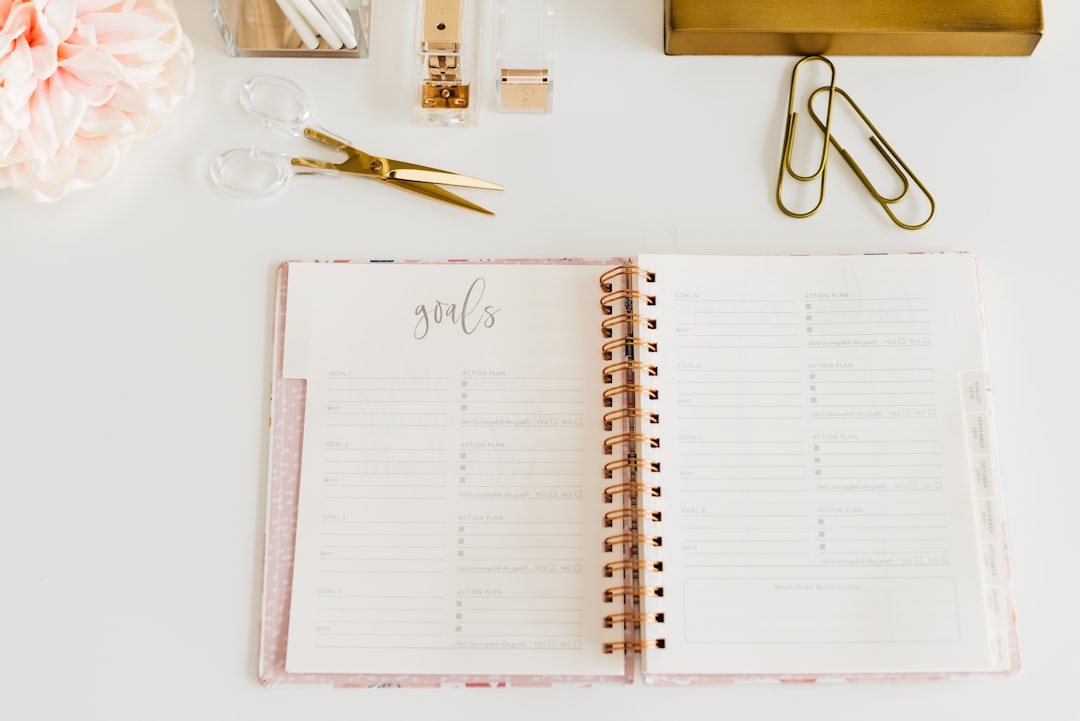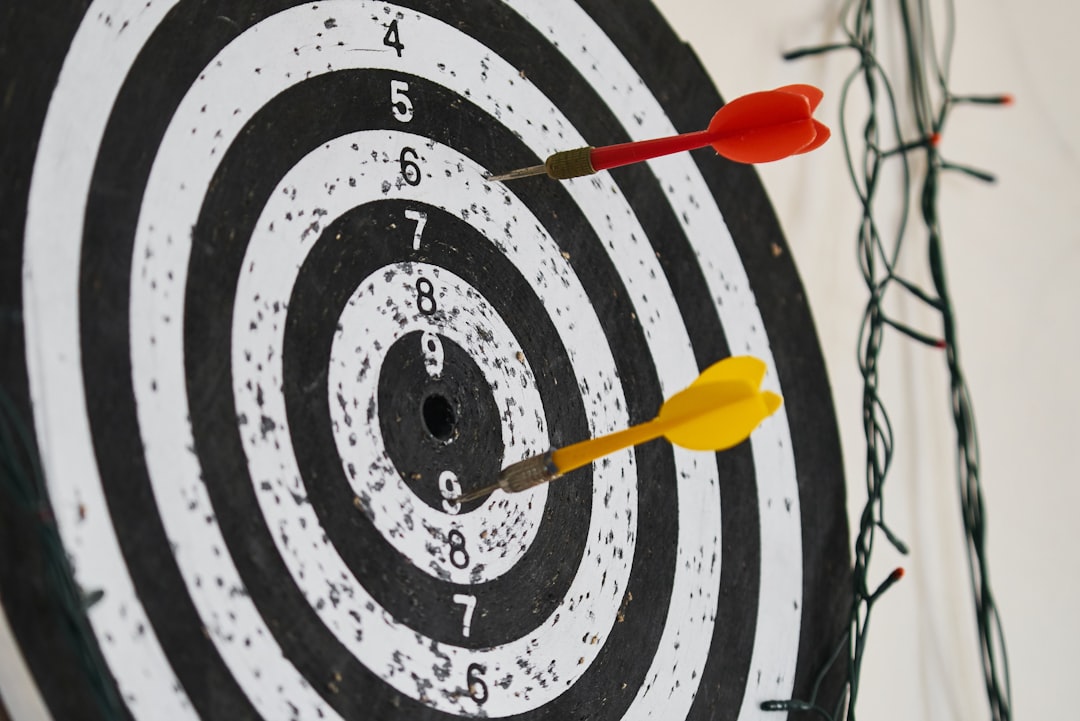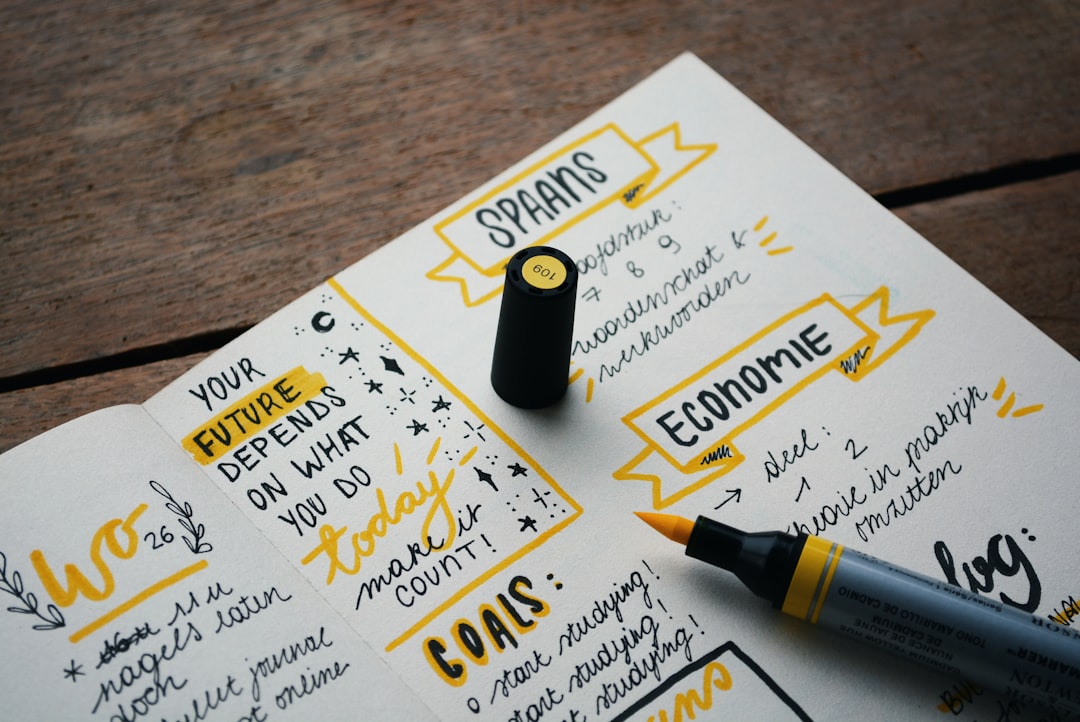Productivity is the key to achieving success, both personally and professionally. However, staying productive can be a challenge, especially when dealing with a heavy workload or a tight schedule. This is where building successful habits can be incredibly beneficial.
Research has proven time and time again that successful people have successful habits. These habits are critical because they help individuals maintain their focus, improve their efficiency, and ultimately achieve their goals. The good news is that anyone can build these habits regardless of their background, age, or experience.
Habit-building is not a one-and-done process. It takes time, patience, and commitment to make positive habits stick. But once established, these habits can lead to effortless productivity and long-term success. In this blog post, we will dive into the importance of building successful habits, how to do it, and how to overcome the obstacles that often come with trying to establish new habits.
So, if you are ready to take charge of your productivity and improve your life, let’s get started on The Power of Habit-Building for Effortless Productivity.
The Power of One
When it comes to successful habit building, one of the most powerful concepts to keep in mind is the idea of focusing on one habit at a time. It can be tempting to try to tackle multiple habits at once, but this approach often leads to overwhelm and ultimately, failure.
By focusing on one habit at a time, you give yourself the space to truly commit to that habit and make it a part of your daily routine. This allows you to develop strong habits that actually stick and become a natural part of your day-to-day life.
Additionally, by dedicating your time and energy to one habit at a time, you’re able to give that habit your full attention and effort. This means that you’re more likely to see results and progress more quickly than if you were trying to juggle multiple habits at once.
Of course, it’s important to choose the right habit to focus on first. Take some time to reflect on your goals and identify the habit that will have the most impact on your overall productivity and well-being. Once you’ve identified that habit, commit to it fully and make it a non-negotiable part of your day.
Remember, building successful habits is a process, and it’s okay to start small. By focusing on one habit at a time and giving yourself the space to truly commit to that habit, you’ll set yourself up for success and pave the way for more effortless productivity in the long run.
Remember, building successful habits is a process, and it’s okay to start small.
Start Small, Think Big
Successful habit-building is all about creating routines that turn into habits. One of the best ways to do this is by starting small and gradually building up to more complex habits.
When you start small, it’s easier to make a habit stick because it requires less effort and motivation. For example, if you want to start exercising every day, you could start with just five minutes of activity. It might not seem like a lot, but it’s enough to get you started and build momentum.
As you continue to build on that small habit, you can gradually increase the time or intensity of your exercise routine. This approach is more sustainable than trying to jump from zero to 100, and it helps you build confidence and consistency in your habits.
Another benefit of starting small is that it makes habits less intimidating. If your goal is to read for an hour every day, that may feel overwhelming. But if you start with just ten minutes of reading each day, it becomes much more manageable.
As you build up to bigger habits, you’ll also be more likely to stick with them because they’ll feel like a natural extension of what you’ve already been doing. You won’t have to rely on sheer willpower to push yourself to take action because the habit will be ingrained in your routine.
So if you want to build successful habits for effortless productivity, start small and think big. Focus on creating small routines that you can stick with and gradually build on them as you go. With consistency and persistence, you’ll be amazed at how much progress you can make over time.
When you start small, it’s easier to make a habit stick because it requires less effort and motivation.
Consistency is Key
Now that we’ve talked about the importance of starting small and focusing on one habit at a time, let’s discuss consistency. Consistency is key when it comes to building successful habits. It’s not enough to do something once or twice and then call it done. You need to make it a regular part of your routine until it becomes second nature.
One way to stay consistent is to set a specific time each day to work on your habit. This could be in the morning, during your lunch break, or in the evening before bed. Whatever time you choose, make sure it works for your schedule and that you stick to it.
Another tip for staying consistent is to track your progress. This could be as simple as marking a calendar every day that you successfully complete your habit. Seeing your progress over time can be motivating and help you stay on track.
It’s also important to remember that consistency doesn’t mean perfection. There will be days when you don’t feel like working on your habit, or when life gets in the way. That’s okay. The key is to get back on track as soon as possible and keep moving forward.
Lastly, make sure to celebrate your successes along the way. Whether it’s treating yourself to your favorite dessert after completing your habit for a week straight, or giving yourself a pat on the back for showing up every day, celebrating your progress can help you stay motivated and make habit building more enjoyable.
Remember, building successful habits takes time and effort. But with consistency and perseverance, you can make it happen. Keep these tips in mind and stay on track towards accomplishing your goals.
You need to make it a regular part of your routine until it becomes second nature.
Make it Fun
Building new habits can be a challenging endeavor, but it doesn’t have to be unpleasant. In fact, making habit-building enjoyable can be a powerful strategy for maintaining motivation and staying on track. Here are some tips to make habit-building fun:
1. Connect with Others:
One way to make habit-building more enjoyable is by connecting with others who share similar goals. Joining a group or even finding an accountability partner can foster a sense of community, provide support, and motivate you to keep going.
2. Gamify the Process:
Gamifying the habit-building process can be an effective strategy to make it fun. Consider creating a point system for each time you successfully complete the habit. Or, use an app that allows you to set and track goals, and offers rewards for meeting them.
3. Reward Yourself:
Set up a system of rewards for yourself that align with your goals. For example, treat yourself to a movie after successfully completing your habit for a week, or indulge in your favorite dessert after a month of consistent progress. The idea is to create positive associations with habit-building to make it more enjoyable.
4. Incorporate Your Interests:
To make habit-building more enjoyable, try incorporating your interests. For example, if you like music or podcasts, listen to them while exercising or doing your morning routines. If you enjoy cooking, experiment with healthy recipes for meal prep or making breakfast. The key is to find ways to integrate your interests with the habits you want to build.
Personal Experience:
When I started building the habit of reading, I found it quite challenging at first. However, when I started reading books on topics that I was genuinely interested in, reading became an enjoyable activity. I even started a book club with my friends to make reading a social activity. This made it fun and helped me form a lasting habit.
In conclusion, making habit-building enjoyable can help you maintain motivation and consistency towards your goals. Incorporating fun activities, social support, and rewards can help turn tedious tasks into enjoyable routines.
Reward Yourself:
Set up a system of rewards for yourself that align with your goals.
Overcoming Obstacles: How to Build Successful Habits Even When Faced with Challenges
Building successful habits is challenging, and it can be easy to get discouraged when faced with obstacles that can thwart your progress. However, overcoming these challenges is an essential part of habit-building, and with the right mindset and strategies, you can overcome any obstacle and achieve your goals. Here are some common obstacles to habit-building and ways to overcome them:
Lack of Time: One of the biggest obstacles to habit-building is the lack of time. People often think they don’t have the time to establish a new habit, but it’s essential to remember that even a small habit can be built with just a few minutes a day. To overcome this obstacle, you can try incorporating the habit into your daily routine, starting with just a few minutes a day and gradually building up to more time as you get comfortable with the new habit.
Lack of Motivation: Building new habits requires motivation and dedication, but it’s easy to lose motivation when faced with setbacks or when progress seems slow. To overcome this obstacle, it’s essential to connect the habit to a larger goal or purpose, and to remind yourself of the benefits of the new habit. Additionally, it’s helpful to break the habit down into small, achievable steps, and to celebrate every small win along the way.
Environmental Distractions: The environment you’re in can play a significant role in your ability to build new habits. Whether it’s a cluttered workspace or noisy surroundings, distractions can make it difficult to stay focused on your habit-building goals. To overcome this obstacle, it’s important to create a conducive environment that supports your habit-building efforts. This may mean decluttering your workspace or finding a quiet place to work on your habit.
Lack of Accountability: Accountability is an essential aspect of habit-building as it helps to keep you on track and motivated. However, it can be challenging to find people who can hold you accountable for your habits. To overcome this obstacle, you can try finding an accountability partner or joining a community of like-minded individuals who are also building new habits. Having someone to share your progress with and provide feedback can go a long way in keeping you motivated and on track.
Perfectionism: Perfectionism can be a significant obstacle to habit-building, as people often get discouraged when they don’t see progress or when they make mistakes. To overcome this obstacle, it’s essential to embrace the process of habit-building and to focus on progress rather than perfection. Remember that building successful habits is a journey, and every step counts towards your ultimate goal.
In conclusion, building successful habits is not always easy, but with the right mindset and strategies, you can overcome any obstacle and achieve your goals. By addressing common obstacles to habit-building, such as lack of time, motivation, accountability, environmental distractions, and perfectionism, you can create a solid foundation for successful habit-building. So, start building your successful habits today and enjoy effortless productivity tomorrow!
Additionally, it’s helpful to break the habit down into small, achievable steps, and to celebrate every small win along the way.
Conclusion: Building Successful Habits for Effortless Productivity
Congratulations! You’ve made it to the end of our blog post on building successful habits. By now, you should have a good understanding of why it’s important to cultivate habits that work for you, how to focus on one habit at a time, start small and gradually build up, stay consistent, and make habit-building fun.
In summary, building successful habits is an essential part of achieving effortless productivity. By focusing on manageable habits that are aligned with your goals and values, you can create a path to success that is sustainable and realistic.
Remember, habit-building is a journey, and there will be obstacles along the way. But with the right mindset and strategies to overcome these obstacles, you can create the habits you need to achieve your goals and live your best life.
So, if you’re ready to start building successful habits today, take the first step by identifying the habits that will best serve you and starting small. And don’t forget to celebrate your successes along the way!
Thank you for reading, and best of luck on your habit-building journey.





